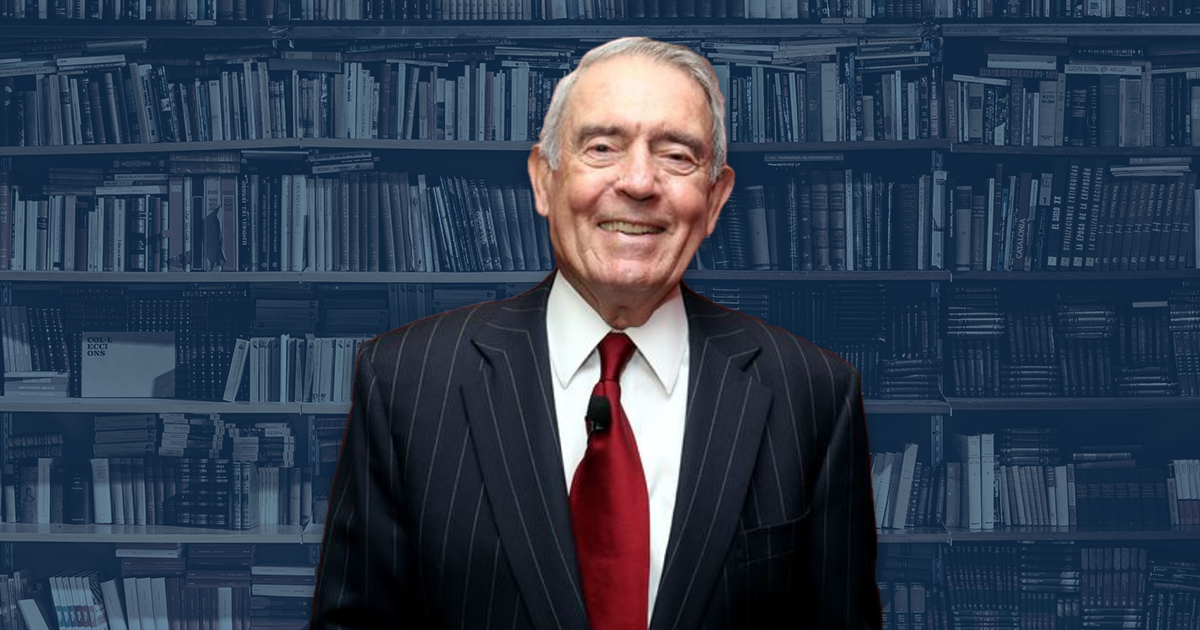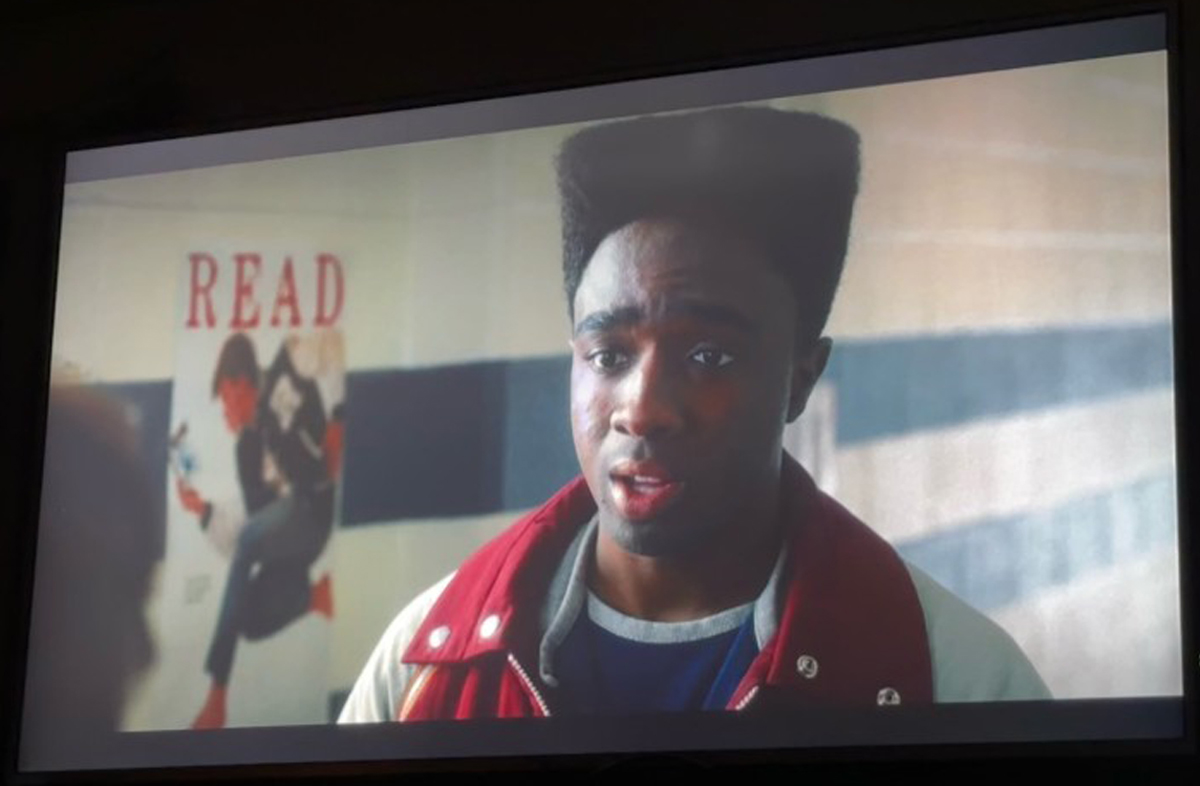Venerated journalist Dan Rather is a longtime supporter of libraries. His recent book, What Unites Us: Reflections on Patriotism, includes a powerful chapter about libraries as “temples of learning,” where people of all backgrounds can come together to access information.
On Thursday, April 8-in honor of National Library Week and Take Action for Libraries Day-Rather will join the American Library Association, United for Libraries, and Booklist for a live conversation about What Unites Us and the value of libraries. In advance of the event, he spoke with I Love Libraries about his favorite library memories, what’s next on his reading list, and more.
How did you use the library growing up?
During my youth, growing up in Houston Heights, I had the great fortune to know a wonderful librarian, Jimmie May Hicks, at the Heights branch library. Through her guidance, I learned of the value and knowledge that the library held. My use of the library-seeking out information, checking out books, broadening my world view-was established and enriched because of her. I can only imagine the countless other stewards of information who have changed lives across our nation.
How do you use the library now?
Technology has given us great advances over the years. As we receive wonderful tools like laptops and smartphones, that means “screen time” has skyrocketed. When I want to give my eyes a break and read things “the old fashioned way,” the library has never let me down. There’s nothing quite like setting down and letting the outside world melt away-no pings or electronic beeps, just the sounds of the flip of a page between your fingers and the story unfolding. However, for those more digitally-inclined, it is important to note that libraries are also great technological centers. Libraries truly provide the best of both worlds: access to equipment when gadgets are needed, and a space away from the noise when quiet study is wanted.
Do you have a favorite library memory?
I have many fond memories of the library but my favorite would have to be the day I got my library card. As a young boy, the card was my prized possession. To think that the son of an oil field worker could hold a key to unlock the endless stacks of knowledge that lived within the most spectacular building I had ever seen, was an amazement. It was a special moment that helped define my path in life.
What’s next on your reading list?
The Fake News Panic of a Century Ago: Reflections on Globalization, Democracy, and the Media by Lee W Huebner; Children Under Fire: An American Crisis by John Woodrow Cox; This Is the Fire: What I Say to My Friends About Racism by Don Lemon; The Code Breaker: Jennifer Doudna, Gene Editing, and the Future of the Human Race by Walter Isaacson; and A Little Devil in America: Notes in Praise of Black Performance by Hanif Abdurraqib.
Why are libraries so important in today’s society?
Libraries have a transformative effect on lives of all ages, the communities in which they reside, and the country as a whole. They were, and still are, civic institutions that welcome anyone who wishes to become a more informed and independent citizen. There is no other public resource that so well encapsulates this aspirational notion of democracy. Through the library, through books, through knowledge, through access to technology, we all can improve to become better, more learned, versions of ourselves and, in turn, be better neighbors to those around us.
How do you support libraries in your life and work?
For whatever, if any, platform that I have, I use it to sing the praises of libraries (and, in addition, local bookshops). You’ll sooner see a centaur driving a hybrid down the freeway than hear a negative word about libraries from my mouth.
Subscribe to the I Love Libraries newsletter for more inspiring stories about the power of libraries.




